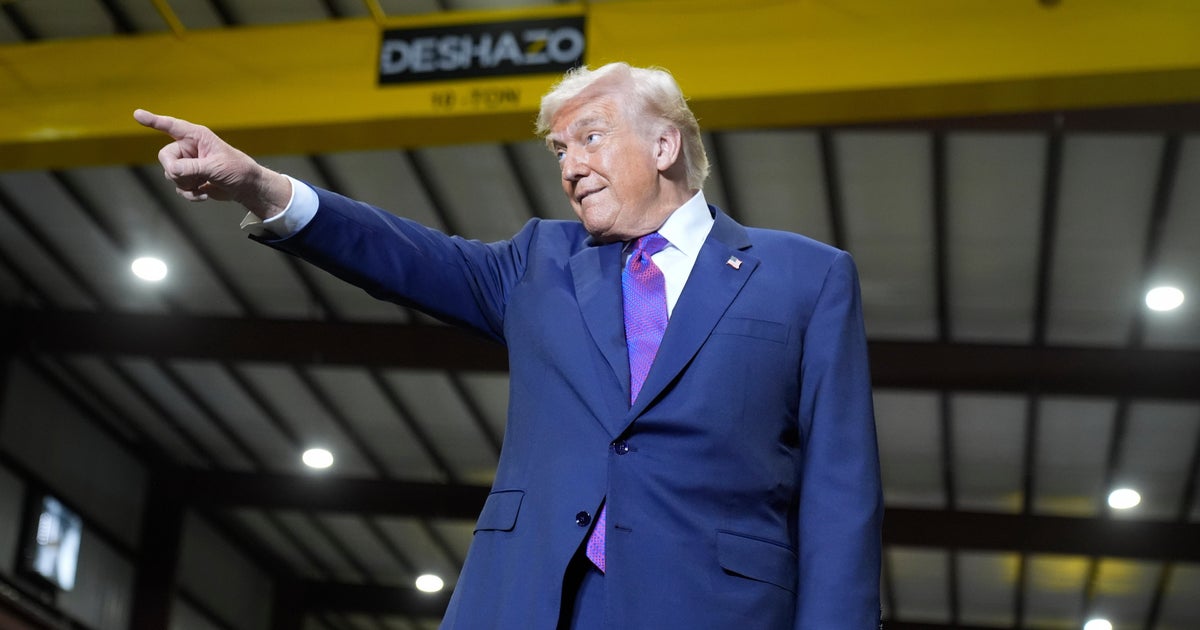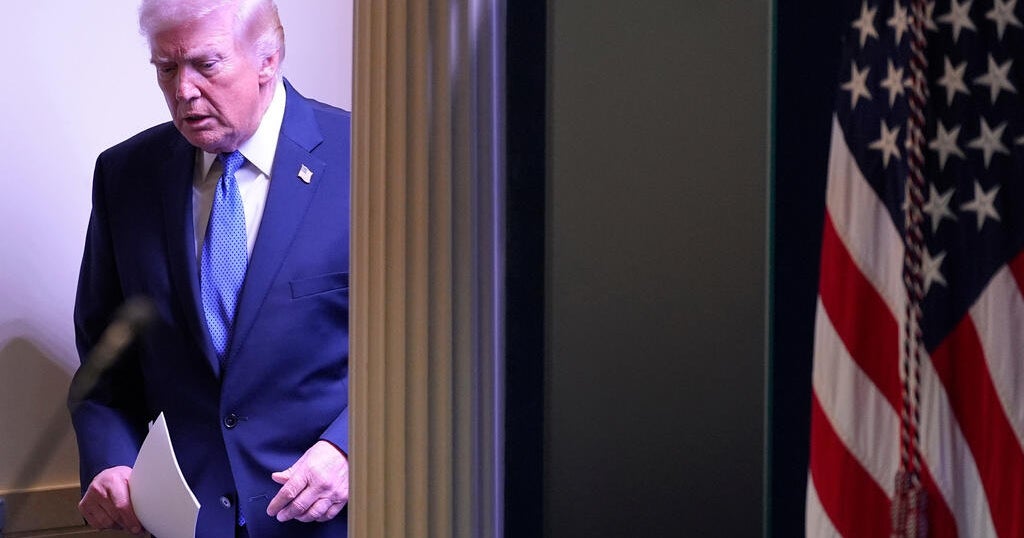Trump is suing ABC News and George Stephanopoulos for defamation. Here's what to know about his claim.
Former President Donald Trump on Monday sued ABC, ABC News and host George Stephanopoulos, claiming comments made by Stephanopoulos during a recent interview were defamatory.
In the interview, Stephanopoulos asked Rep. Nancy Mace, a South Carolina Republican, about the two juries that awarded the writer E. Jean Carroll a combined $88.3 million in damages stemming from her claim that Trump sexually abused her decades ago and committed defamation in denying the attack.
What did Stephanopoulos say?
During a March 10 interview with Mace, Stephanopoulos said, "Judges and two separate juries have found him liable for rape," among other references to Trump being "found liable for rape."
What is Trump alleging in his lawsuit?
In Trump's complaint, he accuses Stephanopoulos of acting "with actual malice or with a reckless disregard for the truth," and claims that Stephanopoulos "knows that these statements are patently and demonstrably false."
In order to prove defamation of a public figure, Trump must prove not just that the statement was incorrect, but that Stephanopoulos met the heightened standard of actual malice, showing that he had knowledge the statements were false or acted with reckless disregard of whether they were false or not. Trump has to prove actual malice by "clear and convincing evidence." He also must show that Stephanopoulos harmed his reputation.
Did a jury find Trump liable for rape?
No. In May 2023, a jury in New York declined to find Trump liable for rape, but did find him liable for sexual abuse of the writer E. Jean Carroll.
Did a judge find Trump liable for rape?
No. However, the judge presiding over the trial wrote in an August 2023 order that the sexual abuse Trump was found liable for — forcibly penetrating Carroll with his fingers during a mid-1990s assault — means "Mr. Trump in fact did 'rape' Ms. Carroll as that term commonly is used and understood."
Why did the judge say Trump "in fact did 'rape'" Carroll?
Carroll sued in November 2022 under New York State's Adult Survivors Act, which for a one-year period eliminated the state's statute of limitations for sexual assault claims. Her suit was filed in federal court but made claims under New York's penal code, which has a narrower definition of rape than the federal standard. The jury found that Carroll did not prove Trump forcibly penetrated her with his penis, but did prove it was "more likely true than not" that he sexually abused her by forcibly inserting his fingers.
In a July 2023 ruling after the jury's verdict, Kaplan wrote that the sexual abuse finding was in keeping with how "many people commonly understand the word 'rape.'" Kaplan highlighted the Justice Department's definition of rape — the federal standard: "The penetration, no matter how slight, of the vagina or anus with any body part or object, or oral penetration by a sex organ of another person, without the consent of the victim."
"The jury found that Mr. Trump in fact did exactly that," Kaplan wrote.
In the August 2023 order, the judge went further, writing "Mr. Trump in fact did 'rape' Ms. Carroll as that term commonly is used and understood."
Wasn't Trump found liable for defamation related to Carroll's claims?
Yes, twice. The jury that unanimously found Trump liable for sexual abuse in May 2023 also found him liable for defamation in connection with statements he made denying Carroll's allegations. It awarded Carroll $5 million.
In January, another federal jury unanimously found Trump liable for defamation in connection with a separate set of statements he made again denying the allegations. During that trial, Carroll's lawyers highlighted additional denials made by Trump in the months since the first verdict, asking the jury to award Carroll enough money to "make him stop." The jury awarded her $83.3 million.
ABC News declined to comment on Trump's lawsuit, in which Trump is seeking unspecified damages. Trump continues to deny Carroll's allegations and is appealing the juries' verdicts.
What's the likelihood of Trump winning this defamation lawsuit?
Trump does not have a good track record of winning lawsuits against the media. He has lost prior defamation lawsuits against CNN, The Washington Post and The New York Times.
"I don't know of any president who successfully sued a media company for defamation," said George Freeman, executive director of the Media Law Resource Center. "Perhaps more to the point, I can't think of any president who has sued — successfully or not — a media company for defamation."
The bar for a public figure or public official to prove defamation is high, and the burden of proof is on Trump in this case.
"I do think that when you're talking about someone who is formerly the president running for president again, there's an especially high bar for protecting political speech," said Stephen Solomon, founding editor of First Amendment Watch and a professor at New York University's journalism school.
Solomon pointed to a prior ruling by U.S. District Judge Lewis Kaplan that dismissed a counterclaim by Trump against E. Jean Carroll last year, which could serve as a precedent in Stephanopoulos' favor. After the verdict in Carroll's first defamation lawsuit, she appeared on CNN and said during an interview that Trump had raped her. Trump then countersued Carroll for defamation since the jury had not technically found him liable for rape. Kaplan found that Carroll's assertion that Trump raped her was "substantially true" and that "no legal harm" was done. Trump has appealed this dismissal, along with the first Carroll verdict. Those appeals are ongoing.
"If it's substantially true, then that's not considered falsity for purposes of defamation. So that's one hurdle," added Solomon. "And it's very difficult for a public figure to prove actual malice. He has to prove that Stephanopoulos knew that what he was publishing or saying was false and said it anyway, or that he was reckless in doing so — and recklessness means that he had a high degree of awareness of probable falsity when he said it. That's a very high bar to prove."



